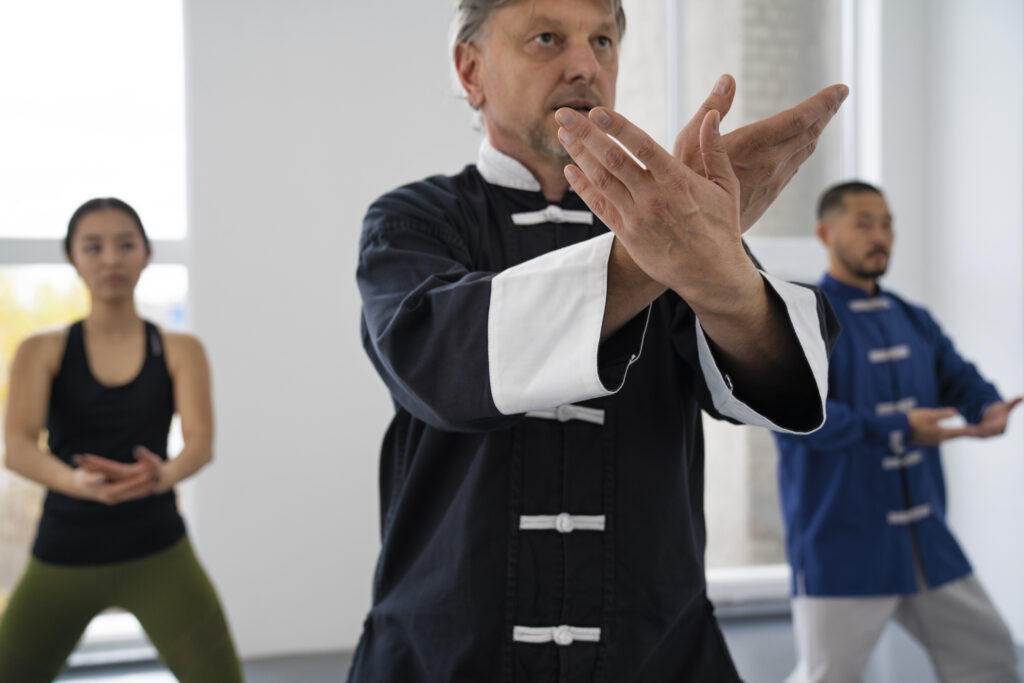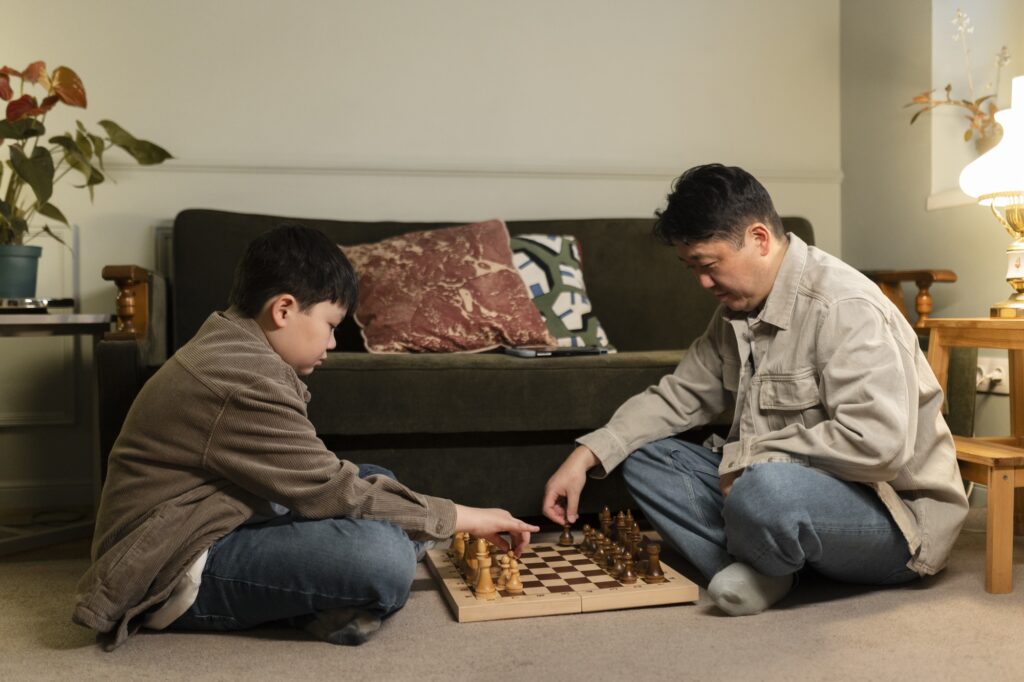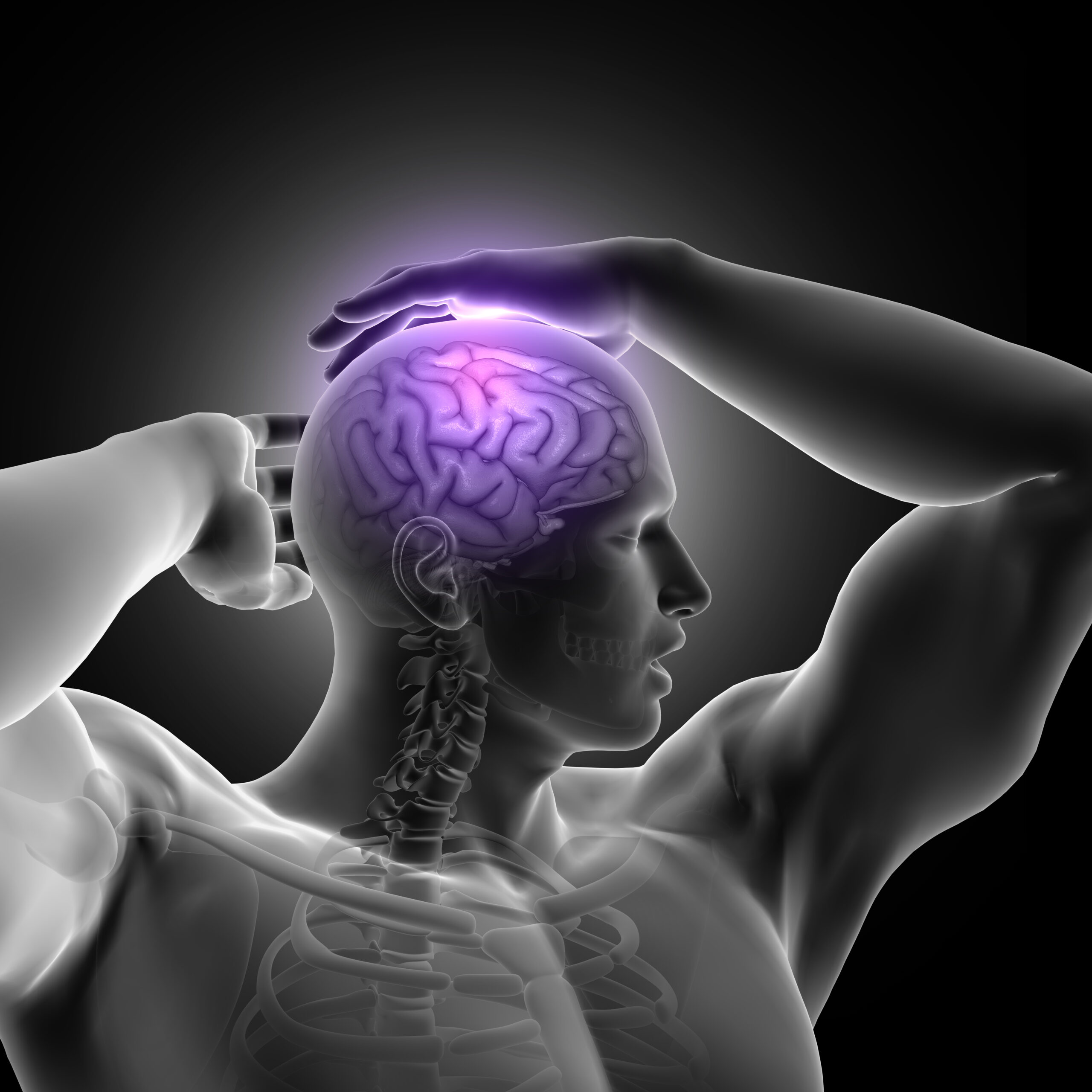You have to know what’s good for your heart, lungs, liver, and kidneys. You often read about such things that help you boost the health of your vital organs but what about your brain? Do you ever think about what’s good for your brain? I know you would say what’s good for the heart is good for the brain. But it is true only when it comes to exercises or workouts. Experts propose that regular physical workouts can help lower the risk of brain-affecting disorders. Brain workouts to increase memory, cognition, and concentration have been studied for years and the results show that being physically active can reduce the risk of getting affected by Alzheimer’s disease or dementia. Regular physical exercises produce certain brain proteins that enhance neuron concentration help improve your memory and boost cognition. Even people with symptoms of brain disorders were found with positive impacts of brain workouts.
Medical research has shown that such workouts are effective ways to promote healthy synapses (small pockets of space between neurons that allow them to come in contact). These synapses are the main reason for improving cognition.
A study involving around 450 people with age above 60 reveals the results that old age people can reap the benefits of brain workouts even into their oldest age. So don’t think that it’s too late to think about brain workouts to increase memory, cognition and concentration. Greater physical exercises guarantee more production of synaptic proteins in your brain. You would benefit from such exercises because every moment counts when it comes to brain health.
Medical experts agree that regular physical activity helps reduce age-re; related inflammation that impacts the brain adversely. Inflammation implicates other chronic diseases including heart disease or cancer. That means it plays a crucial role in mental health decline.
Brain Boosting Workouts
You must google the answer to the question, what type of workouts can boost brain health? Research supports the idea that walking, yoga, meditation, dancing, playing puzzle games and tai-chi can boost your brain health.these cognitive exercises help maintain your brain functions smoothly. Age-related degeneration often disrupts the functioning of your brain. However, certain brain workouts can engage your brain function that help protect the brain from degeneration.
It’s true that your brain remains active always, even during sleep it works but some brain-boosting exercises lead to improvement in brain functioning in new ways, such as in your memory, cognition, and concentration.
Online Health Point has brought information about some cognitive enhancing exercises that may help increase your brain health. So keep on reading!
Yoga
Practicing yoga twice a week with meditation programs can bring significant improvements in your memory, cognition, and concentration. Old-age people can reap benefits from yoga practices to enhance verbal memory and visual-spatial memory. These enhancements improve their abilities to remember word lists and locations respectively.
Meditation
Practicing meditation in a calm environment and controlled way may help improve your brain functioning. Mindful meditation has multiple benefits for your brain and body as well. According to research, meditation programs slow down the process of aging and promote the brain’s functioning in processing information.
Learning New Skills
Engaging your brain in different activities like learning new skills helps improve your brain health.v studies claim that learning new and cognition-increasing skills can help increase your memory and cognition. You can try learning about photography or quilting.
Aerobic Exercises
Aerobic exercises are suggested as the best brain workouts as they help boost blood flow to your brain. Efficient blood flow helps grow your hippocampus size which promotes your learning and verbal memory.
A 2021 study explains the relationship between dementia risks and physical exercise. The experts involve around 1500 people to study the impacts of physical activities on brain functioning. Results make you surprised, old age people were found with larger hippocampus than they have ever. This improved their brain activity. This provides proof that it’s never too late to start because the protective effects were highest in people with age more than 70.
So if your age is approaching old age, you should aim to do at least 180 minutes a week of low-intensity workouts like walking, swimming, dancing, running, or jogging. According to studies, mixing your low-intensity physical activity with a minimum of 30 to 40 minutes a week of vigorous activity will show improvements in your organizational skills and memory. A 2021 review explains that exercise is beneficial for improving the motor condition of the brain which in turn enhances your ability to learn.
Engaging in Sports and Games
Sports and games demand your physical as well as mental engagement. Some sports also require a range of cognitive skills, including:
- Multitasking.
- Sustained attention.
- Ability to adapt to changing circumstances.
- Planning.
A recent review noticed that athletes have well-improved concentration and higher processing speed due to participating in high attention-demanding sports.
Weight Training
A recent study about enhanced function of the brain published in a journal rebuilds the secrets that strength training is the effective way to prevent shrinking of the hippocampus in people with age more than 60 years. Researchers have compared the effects of strength training exercises on women aged between 60 to 70. They found that strength training exercises such as weight lifting, tone training, and resistance training impact cognitive abilities positively. These workouts are the best sources to increase memory and brain functioning. Weight lifting demands your concentration on performing specific movements with accurate postures, which in turn promote the neural circuits in your brain.
TAI CHI Practicing TAI CHI in old age has fruitful impacts on the ability to multitask. People who perform this practice regularly have improved brain functioning than those who didn’t practice TAI CHI. These practices increase the activity in your brain part, called the prefrontal cortex, which results in higher levels of thinking. Research supports the theory that tai chi helps improve memory, cognition, and concentration by enhancing your abilities in reasoning, problem-solving, and planning. People with dementia have great results from implementing tai chi. They experience a boost in their cognitive ability.
Practicing TAI CHI in old age has fruitful impacts on the ability to multitask. People who perform this practice regularly have improved brain functioning than those who didn’t practice TAI CHI. These practices increase the activity in your brain part, called the prefrontal cortex, which results in higher levels of thinking. Research supports the theory that tai chi helps improve memory, cognition, and concentration by enhancing your abilities in reasoning, problem-solving, and planning. People with dementia have great results from implementing tai chi. They experience a boost in their cognitive ability.
Neurologists claim that tai chi is the best brain workout that enhances your mental focus with movement. In addition, an active body supports your brain to think about what comes next and this ability improves oxygen supply to your brain. It also lowers stress levels which helps you focus better.
Taking a Good Sleep
Not only exercise or being active is crucial for better brain functioning but having a good sleep is also necessary for achieving goals of increase in memory, cognition, and concentration. Sleeping less than 8 hours can lead to brain disorders. Good sleep hygiene can help in:
- Reducing mental fatigue.
- Boosting memory cells.
- Regulating metabolism.
Maintaining brain health requires making sure to get enough sleep each night.
Dancing
Involving in recreational physical activities is a big source to maintain your brain health. Medical experts say that regular dancing can reduce the risks of mental problems such as dementia or Alzheimer’s disease.
A 2016 study concluded that dance interventions help improve cognitive abilities in dementia patients. Thus dance is a form of exercise that engages your body and brain instantaneously to keep balance with rhythm.
Enjoying Music
A 2017 study concludes that enjoying music engages your brain and connects different parts of the brain. The research proposes that listening to music helps improve the cognitive function of the brain and your overall well-being.
Learning How to Play A Musical Instrument
Learning to play a new musical instrument is the best part of your brain workouts that can benefit you in your cognitive development with an increase in cognitive impairment in your brain.
Increased Visualization
Representing information in the form of a mental image refers to visualization. These mental images can be in the form of animated scenes or pictures. According to research, visualization is the best way to organize information and make appropriate decisions. Practicing visualization in day-to-day lives can help in proper brain functioning.
Socializing
Mentally engaging in leisure activities such as socializing with your friends and relatives may help preserve the cognitive function of your brain. Research proves that frequent social contact with your loved ones limits cognitive decline such as dementia and other mental illnesses. Socializing with others can stimulate your brain including:
- Participation in sports.
- Having discussions.
- Playing games.
Improving Personal Vocabulary
Improving your vocabulary range is an effective way to enhance your knowledge as well as best exercising for your brain. Reading books or watching TV shows can help you learn new words. Note such words that are unfamiliar to you. Using such words in your routine conversation intentionally increases your vocabulary. Always use a dictionary to learn the meanings of new words, this activity can make you think up the ways to use these words in your conversation.
Learning Unfamiliar Languages
The ability to speak two languages at a time refers to bilingualism. Research suggests that speaking two languages helps increase and strengthen connectivity between different areas of the brain. Enhanced connectivity can play a role in dealing with the onset of several forms of dementia and Alzheimer’s disease.
Engaging in Favorite Hobbies
New hobbies play a vital role in stimulating your brain cells as brain streaming. Adopting hobbies that require coordination will improve your motor skills. These hobbies include:
- Drawing.
- Dancing.
- Painting.
- Knitting.
- Embroidery.
- Learning a new skill.
Playing Games
Playing different brain-boosting games such as card games or chess puzzles is not only a fun way for you but this activity can also be beneficial for brain function. A 2021 study explained a relationship between playing games and decreased risk of cognitive improvement in old age people.
Playing Chess
Analysis reports from the neurology center note that cognitive leisure games such as chess can help improve:
- Information processing speed.
- Memory.
- Cognition.
- Adapting behavior to achieve your goals.
Playing Checkers Recent studies reveal that people having Alzheimer’s disease need to develop a strong connection between participating in checkers or board games and improving brain volume with increasing cognitive health.
Recent studies reveal that people having Alzheimer’s disease need to develop a strong connection between participating in checkers or board games and improving brain volume with increasing cognitive health.
Playing Video Games
Playing action puzzles or strategic games in video form leads to enhancements in:
- Cognitive ability.
- Concentration.
- Decision-making ability.
Playing Memory Card Games
Your ability to remember patterns or things can be checked by playing memory card games. Such games are simple fun for you but these games also engage your brain to activate areas of your brain related to recalling or pattern recognition.
Solving Crossword Puzzles
Solving puzzles stimulates your brain. This is a great brain workout that helps delay the onset of memory loss in patients with dementia. Healthcare providers often suggest playing such games for people developing preclinical dementia.
Completing Jigsaw Puzzles
Completing a jigsaw puzzle benefits your brain in several ways. It activates your brain connections and improves the following:
- Working memory.
- Perception.
- Reasoning.
- Mental rotation.
Studies concluded that such puzzle games can protect your brain against brain fogging or brain aging throughout life.
Playing Sudoku
Sudoku-type number puzzles are a fun way to challenge the brain’s abilities. These games also promote cognitive function in adults ages between 60 and 90. Practicing number puzzles more frequently tends to have better memory, cognition, and concentration.
Conclusion
Brain workouts are simple ways to engage your brain actively in daily routine tasks. Brain workouts target your brain cells to enhance memory, cognition, and concentration.
Exercise, playing different games, and learning new skills are the best workouts for improving brain function along with boosting connectivity between different areas of your brain. Such activities protect your brain from age-related degeneration of brain disorders. Brain exercises are enjoyable practices that sharpen your cognitive skills.
Focus on your brain health to provide the most enjoyable reward to improve your life quality.







